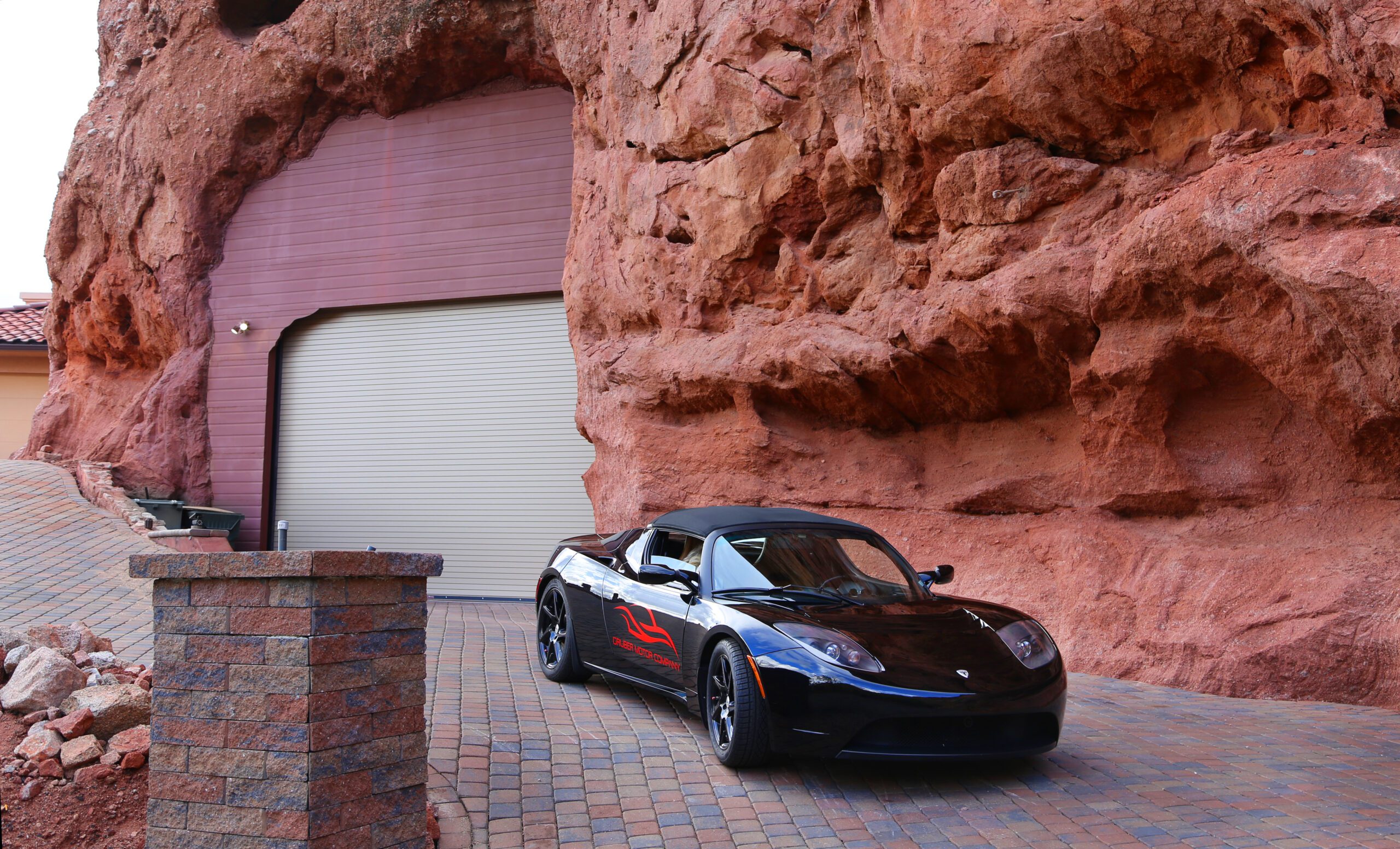We own a 2013 Model S 60 RWD with 65,000 miles. Warranty expired in March 2021. eMMC has not yet been replaced under the recall - car still has the original MCU1. It has had two replacements of the 12V battery, most recently in April 2021, and a few other issues prior to warranty expiration. Normal use of car is driving car 25 - 100 miles/week and charging at home to 80% of battery capacity inside a garage. However, in the past 2 months, we have done several longer trips which involved 8-10 uses of roadside Tesla superchargers and two "trip" charges to full range (most recent displays indicated a battery range of 226 of the original 235 miles).
Last night, we returned to an airport where the car had been sitting for 4 days in 50-100F degree temps. It had 31 miles of range and we needed about 60 to get home. At two different Tesla supercharger stations, it limited it's charge rate to 4 - 20A (of 40A max). It has been a long day and by the time we reached the second supercharger it was 1am. We barely made it with with 0 miles (!) left when we pulled in. Car was plugged in at home as per normal. Overnight, the car charged itself to 50 miles and then displayed an error message "'maximum battery charge level reduced". I unplugged the car, rebooted the system (twice via control panel "shut off" and rebooting with steering wheel controls) and tried to charge again with the same result. The car is limiting itself to a max range of 50 miles (unplugged, it dropped to 49 miles and then charged back to 50 miles when plugged back in.)
I contacted Teslsa roadside. They texted "we see this", said drive/tow to service center, and offered no other diagnostics.
I plan to attempt to drive the car to a Tesla service center this week. If this is failure of the battery pack, we would consider a non-Tesla repair vs. the full $22K warrantied replacement. Do I have any good options for this in the Sacramento, CA area? Given the age, specs and mileage on the car, what makes the most sense? Would I be able to sell the car in its current state? Is Tesla still obligated to replace the eMMC per the recall?
Last night, we returned to an airport where the car had been sitting for 4 days in 50-100F degree temps. It had 31 miles of range and we needed about 60 to get home. At two different Tesla supercharger stations, it limited it's charge rate to 4 - 20A (of 40A max). It has been a long day and by the time we reached the second supercharger it was 1am. We barely made it with with 0 miles (!) left when we pulled in. Car was plugged in at home as per normal. Overnight, the car charged itself to 50 miles and then displayed an error message "'maximum battery charge level reduced". I unplugged the car, rebooted the system (twice via control panel "shut off" and rebooting with steering wheel controls) and tried to charge again with the same result. The car is limiting itself to a max range of 50 miles (unplugged, it dropped to 49 miles and then charged back to 50 miles when plugged back in.)
I contacted Teslsa roadside. They texted "we see this", said drive/tow to service center, and offered no other diagnostics.
I plan to attempt to drive the car to a Tesla service center this week. If this is failure of the battery pack, we would consider a non-Tesla repair vs. the full $22K warrantied replacement. Do I have any good options for this in the Sacramento, CA area? Given the age, specs and mileage on the car, what makes the most sense? Would I be able to sell the car in its current state? Is Tesla still obligated to replace the eMMC per the recall?




